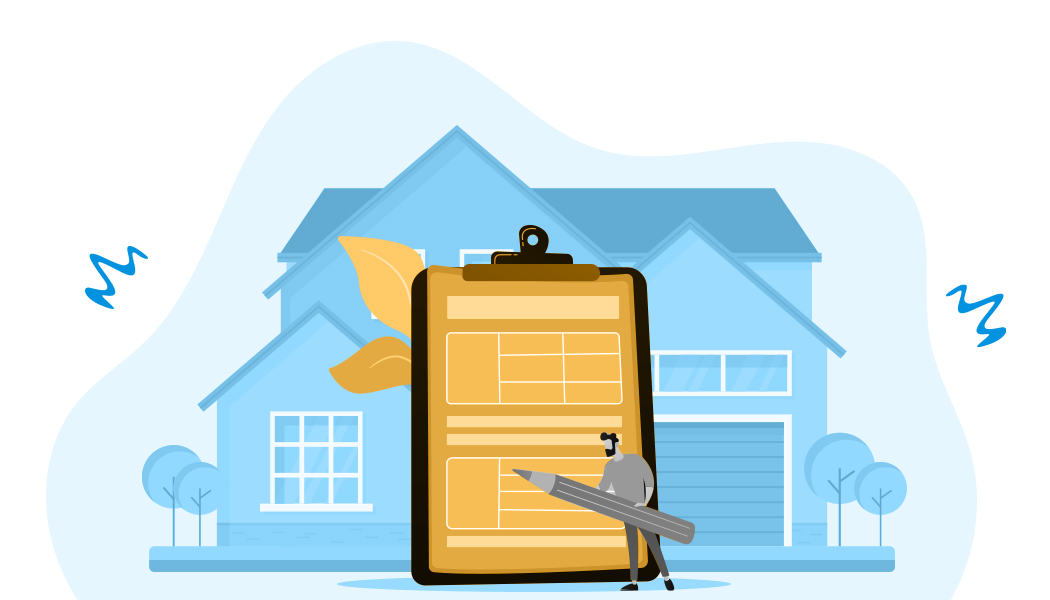According to the government website, a House in Multiple Occupation (HMO) is a “property rented out by at least 3 people who are not from one ‘household’ (for example a family) but share facilities like the bathroom and kitchen.”
If you’re the landlord of an HMO, it’s exceptionally important to check with your council regarding whether you need an HMO licence.
If you do and don’t have one, you will be leaving yourself open to prosecution, which can be exceptionally costly. In fact, there’s no limit to the fine you can receive for renting out an HMO without the required licence.
In this article, we’re going to be focusing on the all-important HMO licence, working out whether you need one and, if you do, how to go about applying.
Do You Need an HMO Licence?
There are three types of HMO licences.
The Large HMO Mandatory licence is required throughout the country, regardless of where your property is located.
Then there’s the Additional HMO licence, which is for smaller HMOs – it’s the local council’s decision over whether to require smaller HMOs to have one of these.
Finally, there’s Selective Licencing.
These are licences required by councils whenever the need arises. For example, an area with many student homes might have requirements for Selective Licencing, regardless of the property’s size.
Large HMO Mandatory Licence
Firstly, do you require the Large HMO Mandatory licence? This is required for all properties that fulfil the following criteria:
- The property is rented to 5+ people who form more than one household
- If some or all of the tenants share use of the bathroom, toilet and/or kitchen
- At least one of the tenants pays rent to live in the property
If your property meets all the points above, you must have an HMO licence. This regardless of where you live in the country.
Additional HMO Licence
An Additional HMO licence is for properties shared by fewer than five people. Unlike the Large HMO Mandatory licence, there’s no national law on having to have this licence.
Instead, your local council will decide whether a smaller HMO will require a licence. You should therefore call or email your local council to find out more.
If you do not require a licence, we would advise getting this in writing, in case any issues arise in the future.
Selective Licencing
This type of licence is also implemented by your local authority. It is essentially a licence that can be required in certain situations.
For example, a council might require every HMO on one specific street to have a licence. Your council will inform you of this when you speak to them.
How Much Does an HMO Licence Cost?
Your HMO is a business, therefore it’s incredibly important to factor in licencing costs. Unfortunately, there’s no flat rate across the country. Instead, councils are able to set their own prices, and they can vary wildly.
For example, if you have an HMO within Norwich City Council, you’ll currently pay just £140 per year. However, if your HMO is within the boundaries of Watford Borough Council, the price is £1,143 per year.
Some councils, such as Westminster City Council, charge per room, instead of a flat rate, which can be particularly expensive for those with large HMOs.
It should be remembered that an HMO licence doesn’t last indefinitely. Instead, it is valid for five years. Once this period is up, you or your managing agent will need to apply for another and pay the accompanying fee again.
How Do I Apply for an HMO Licence?
You will need to contact your local authority to apply for an HMO licence.
To find your local authority, you should head to the government’s page on HMO licences, where you can input the postcode of your property to find out. You can then contact the local authority directly and find out the exact process to apply.
When you are given a licence, you will be expected to abide by certain conditions. These are:
- You must ensure the house is suitable for the number of tenants
- The manager of the house must be a ‘fit and proper’ person
- You must send a gas safety certificate to the council every year
- You must install and maintain smoke alarms in the property
- You must be able to supply safety certificates for all electrical appliances
It is also important to remember that your HMO licence only covers one property. If you own multiple HMOs, you will need a licence for each of them.

